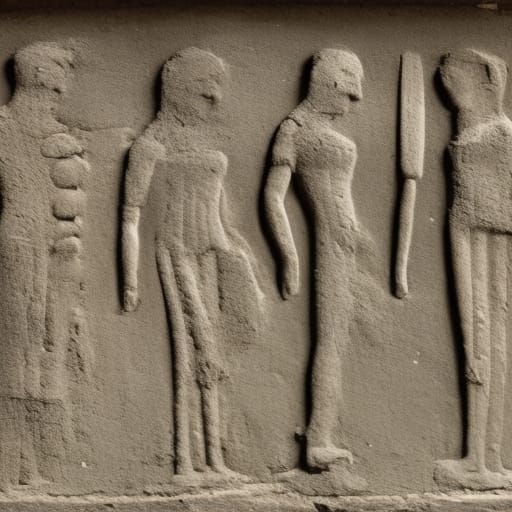Experts say loss of 1,500 items reveals lax cataloguing and boosts case for returning objects to countries of origin
Close observers of the antiquities market tend to be a cynical bunch, having witnessed any number of scams, dubious practices and illicit trading. Yet there was a collective expression of shock among them last week when news emerged of the unexplained absence of a reported around 2,000 items from the British Museum’s priceless collection of ancient and historical artefacts, leading to the resignation of director Hartwig Fischer.
“The volume of missing objects is huge,” says Christos Tsirogiannis, a forensic archaeologist who works with Trafficking Culture, which researches global traffic in looted cultural objects. “No experts were expecting this to happen in one of the world’s biggest museums.”



This is the best summary I could come up with:
However, as an academic paper published in the journal Antiquity earlier this year argues, there is little statistical evidence to back up that claim, not least because in such a murky market it’s very difficult to establish hard facts.
That’s the kind of cover story that allows both parties involved to continue with business without having to explore any more awkward questions or pay an expert to establish provenance, even though it is a dealer’s legal responsibility to do just that.
In December 2004, before the authorities had really got to the bottom of what had occurred, Burius killed himself by slitting his wrists and cutting the gas line in his apartment, which resulted in an explosion injuring around a dozen people.
It’s the August return to the lands of antiquities, the places from which so many artefacts were historically taken for “safekeeping” only to turn up for auction so many years later almost unnoticed in the darkened corners of the digital bazaar that is eBay.
The police assumed it was stolen to gain a ransom, and one demand received was that the Price sisters, two IRA operatives imprisoned in the UK, should serve their sentences in Northern Ireland.
Four years later a couple of private detectives, claiming to be brokering the reward money for a group of business people, were arrested in a sting operation and put on trial with three lawyers.
The original article contains 2,120 words, the summary contains 233 words. Saved 89%. I’m a bot and I’m open source!